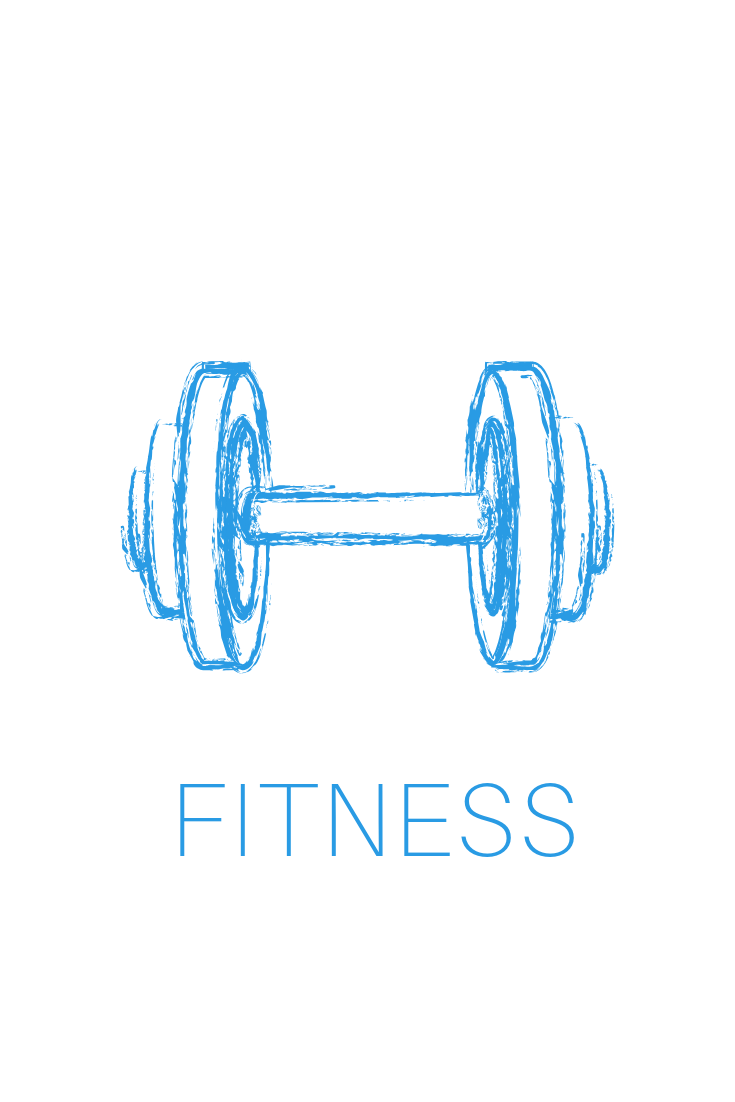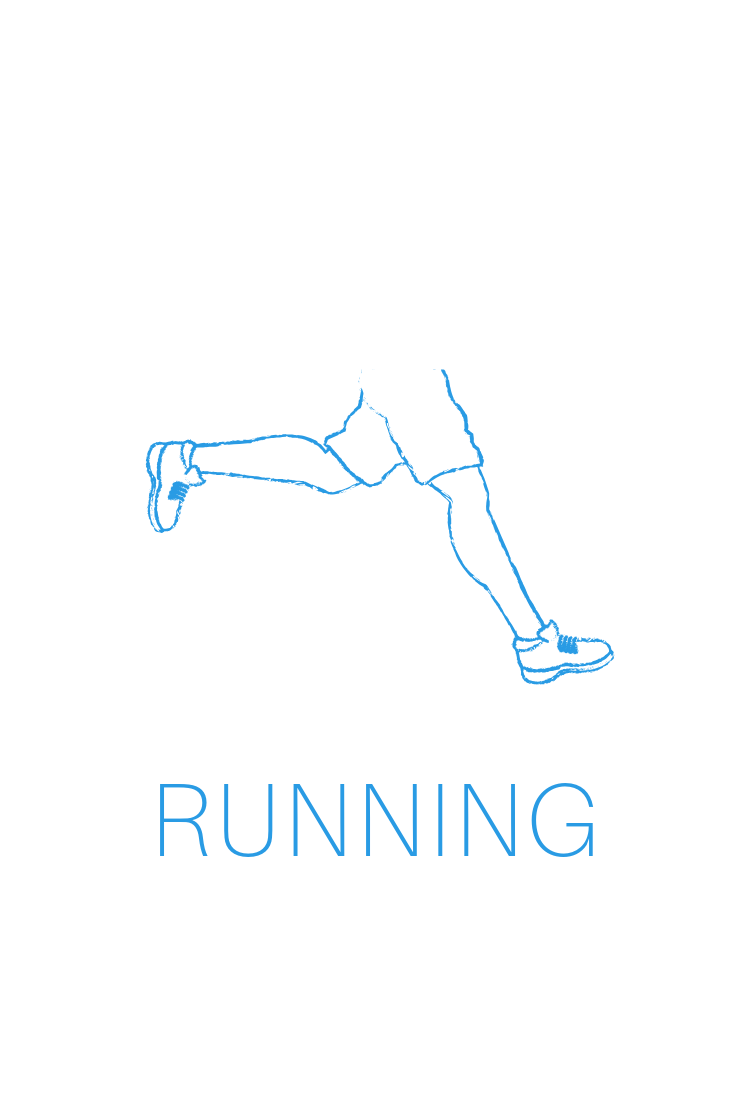Why I Fast And What The Research Says
I first tried Intermittent Fasting about 4 years ago and now do it every day.
The 5:2 diet was popularised by Michael Mosley a number of years ago, and involves eating around 500 calories 2 days a week and a “normal” diet on the other 5. I tried this out for about 4 weeks without any particular goals in mind other than gaining experience and information to pass on to clients. It was fine, but to be honest, I found the low calorie days pretty depressing and may have been overeating on other days to make up for it. It wasn’t making me happy, so I stopped.
I went back to my usual routine of breakfast, lunch and dinner. It was around this time that more and more research was starting to come to light debunking the claim that breakfast is the most important meal of the day. This information spiked my interest as I found breakfast to be a bit of a pain to be honest.
Until this time, I, like most people in my generation, had been led to believe that you needed to eat breakfast for good health. I start work at 6am and I’m either running training sessions or driving between sessions until lunchtime, usually with no break. I was therefore forcing myself to eat cold boiled eggs in the car between sessions, or home made muesli concoctions on the side of the road. I was certainly not enjoying these meals.
As I did more research into the topic, I began to understand that skipping breakfast wasn't actually going to do me any harm and could, in fact, be good for my health. I therefore started to slowly remove breakfast from my mornings, drinking only one black coffee and water until lunchtime.
Not only did I feel completely fine, I actually started to feel great! There were some mornings when my stomach would be grumbling by 10am, but I would either just push through or, if I was really hungry, grab a handful of nuts to keep me going.
It’s now 4 years on and most of the time I don’t even think about breakfast. I have fallen into a rough 16:8 fasting pattern where I finish eating by 8pm at night, then don’t eat again until around 12pm. I then eat lunch, maybe some nuts and fruit for afternoon tea, dinner and maybe some yogurt and berries before 8pm.
I’m not inflexible with this routine, and if I am out with friends or we are eating late for any reason I don’t overthink it. If I am invited out for breakfast I will happily go along and enjoy a meal. However, in my general day to day life, 16:8 intermittent fasting has just become what I do and I feel great.
Why I fast?
There’s one less meal to think about in my day!
Skipping breakfast suits the structure of my days which are extremely busy from early morning to mid afternoon.
I am encouraged by emerging research on the possible benefits of intermittent fasting for weight control, cellular repair, reduction of disease, increased autophagy and improved risk factors that can lead to heart disease.
Research currently demonstrates no adverse effects for someone who is otherwise healthy.
I feel really good.
Like everything with regards to nutrition and health, there is no one-size-fits-all approach and intermittent fasting does NOT suit everyone. If you think it might work for you, then give it a try for a few days. But, if at any stage you feel uncomfortable, then simply stop. Listen to your body and do what feels right.
by Angie Black
Fit My Day member and Dietician Dr Fiona Arrowsmith (Deady) recently attended a seminar on fasting and has very kindly summarised the latest up to date information that was presented below:
Comparison of intermittent fasting (IF) diets with continuous energy restriction (CER)
Intermittent Fasting, or IF, diets are when you cycle between periods of feeding (normal eating) and periods of fasting (severe energy restriction). On the fasting days, energy intake is usually reduced to around 25% of normal requirements. i.e. 2000 – 2500 kj/day (400-500 calories/day). These types of diets are commonly used for weight loss and/or weight maintenance.
It is thought that daily or continuous energy restrictions (CER) i.e. consuming 75% of energy requirements every day, results in an adaptive response whereby the body burns less energy to adapt to the reduced energy intake. The rationale for IF diets is that they possibly deactivate this adaptive response to energy restriction, and therefore result in more effective weight loss. It is also hypothesised that IF diets are more acceptable and easier to follow than continuous energy restriction.
There are many types of IF diets. The most common are:
Time-Restricted Feeding (TRF): 8/6/4 hours feeding, 16/18/20 hours fasting
Alternate Day “Fasting” (ADF): 75% energy restriction on ‘fast’ day alternated with a ‘feed’ day
5:2 Diet: ‘Fast’ on 2 consecutive or non-consecutive days/week
Warrior Diet: Fast during the day and have one large meal at night
Eat Stop Eat: ‘Fast’ for 24 hours 1-2 days/week
IF diets have been extensively studied in well designed controlled studies comparing them to CER diets over varying periods of time. All of the studies found the same results, that IF diets appears equivalent to conventional diets for multiple health outcomes:
Weight loss (3–5 kg after ~10 weeks)
Decrease in waist and hip circumference
Fat loss (including visceral adipose tissue)
Loss of fat free mass
Improvements in glucose homeostasis
Dropout rates - no clear evidence that IF diets are easier to adhere/follow
After the diet period had finished, weight regain was minimal and similar between IF and CER
IF reported higher hunger scores than CER
In summary, IF diets are a valid option for weight loss, it just comes down to personal preference. Some individuals may prefer IF to daily energy restriction. IF diets provide another tool for the management of overweight/obesity. No studies report serious adverse events.
by Dr Fiona Arrowsmith - Dietician PhD
Please note, if you are considering attempting any form of diet, please consult your Dietician first to ensure you can do so safely.
Hey! I’m Angie. I’m passionate about fitting exercise into your life, for the rest of your life.
BLOG CATERGORIES:







